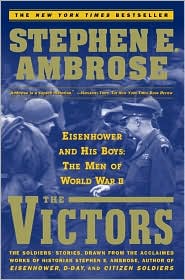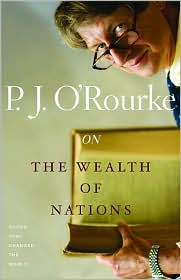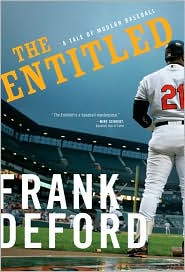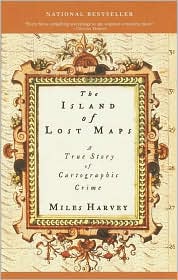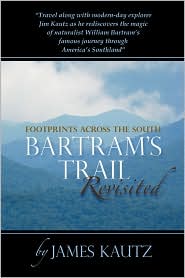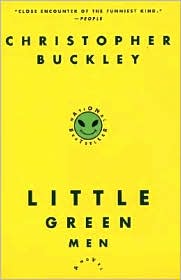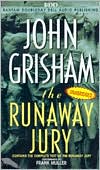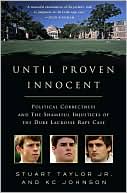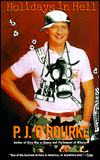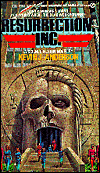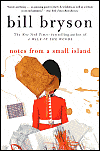1. An Embarrassment of Mangoes, by Ann Vanderhoof.
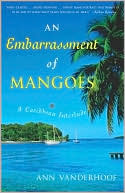
Wonderful book. Enjoyable to read, will whet your appetite for a Caribbean vacation. Great recipes, although we haven't actually tried any of them yet (but I really want to, especially now I know the DeKalb Farmer's Market in Atlanta has callaloo). Ann Vanderhoof has done what we all want to do--leave the rat race behind and take a vacation forever (or a year, in her case)--so obviously she has more money than the rest of us, but she never ever writes like it, and the book is just a pleasure. Highly recommended.
2. The Diamond Age, by Neal Stephenson.
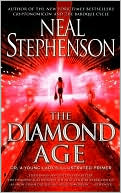
A reread. I love Snow Crash and, the last time I read it, I still loved it. I like this book a great deal, but it runs out of steam 3/4 of the way through and enters a territory of great weirdness where it starts to get difficult to follow and even, frankly, to suspend disbelief for. Still contains wonderful moments of philosophy and lots of solid factual grounding, and still mostly a very fun read. But not as much fun as I remembered. Definitely worth looking at, but it shows the direction Stephenson has taken generally (i.e. increasingly hard to read).
3. Whatever You Do, Don't Run, by Peter Allison.

Subtitled "True Tales of a Botswana Safari Guide." Lots of fun. Not quite as funny as you might expect from the cover blurbs and actually surprisingly touching at times, nonetheless a light, quick read, perfect for a bedside book as it consists of a collection of short episodes. I greatly enjoyed this book, and I don't think you need to have gone on safari to enjoy it yourself. It may make you want to pick up and go, though. I suspect Mr. Allison has three or four more books of stories in him and he is a fine storyteller. Smittywife needs to read this before it goes into the lending library circulation.
4. Airline/Transport Pilot Oral Exam Guide

Technical book of very limited interest. Will be out of date soon anyway, and since none of the airlines are actually hiring I won't need to take the test. Useful for brushing up on things before my interview, though.
5. Emergency Sex, by Kenneth Cain, Heidi Postlewait, and Andrew Thomson.
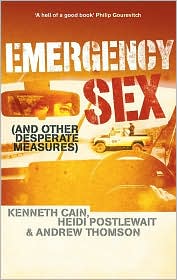
Absolutely my highest recommendation; the best book I've read this year. The authors were UN Peacekeepers during the 1990s and into the early 2000s and these are their tales. If you are at all aware of the existence of other countries you should read this book. If you are a firebreathing conservative and think the UN should be shut down, you should read this book. If you are bleeding-heart liberal and think the UN should take over the world, you should read this book. If you think it matters at all how the US is viewed in the other countries, you should read this book. If you don't think it matters how the US is viewed in other countries but are aware that other people have opinions, you should read this book.
You should read this book. It is gripping. It is well-written. It matters.
6. The Power and the Glory, by Graham Greene.
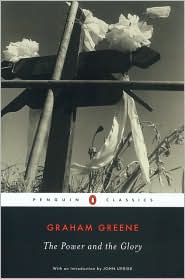
Interesting. On a lot of "Best Books" lists, which is why I read it. I will pick up The Quiet American and The Comedians on the basis of this, but I can't say I was exactly swept up in it or transfixed by its brilliance. Greene knows how to build a novel and is a good writer; if the subject matter, faith (in particular Catholicism) and keeping faith when there is no Earthly reason to do so, is of remote interest to you, this is one of few novels on the subject that doesn't preach to you (there's plenty of preachy junk out there for you if you want that). But it never really answers any questions, for the protagonist or for the reader. Valuable, but not one you need to put at the top of your list.
